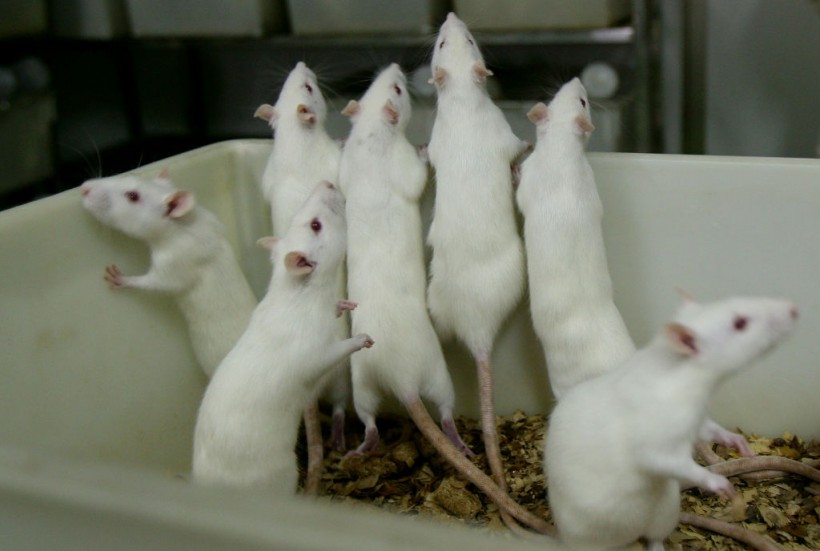This new 3D-printed chip is expected to eliminate the need for animal test subjects in the health and medicine industry. Researchers at the University of Edinburgh in Scotland were the ones who created this groundbreaking innovation.
For the past few years, scientists and health researchers have been relying on animals to test new medicines and treatments for different health conditions.

Although testing these medical treatments on animals is not that efficient, health experts still need to do it to see if they are safe for human use.
Now, a new 3D-printed device could replace animal test subjects since it can effectively replicate human internal organs. Here's how it works.
This New 3D-Printed Chip Could Save Animal Test Subjects
The new 3D-printed chip called "body-on-chip" can perfectly copy how medicine flows through a human body. This means that scientists can use it to test drugs and see how different organs react to the medicine.
The University of Edinburgh's 3D-printed health device is composed of five compartments that can mimic the main organs of the body; health, brain, lungs, liver, and kidneys.
These artificial human organs are all connected by channels that act like the body's circulatory system. This artificial circulatory system can allow new medicines and drugs to pass through, pumping them to the five main internal organs.
Liam Carr, the main inventor of the new 3D-printed chip, said that their innovation relies on positron emission tomography scanning. With PET, the device can produce detailed 3d images to show what's going on inside the human organs.
"The PET imagery is what allows us to ensure the flow [of new drugs being tested] is even," explained Carr via The Guardian.
"This device is the first to be designed specifically for measuring drug distribution, with an even flow paired with organ compartments that are large enough to sample drug uptake for mathematical modeling," he added.
As of writing, the body-on-chip is still being tested to see if it can really replace animal test subjects. If the new 3D-printed device is proven effective, then it can help save animals from the harms of health tests.
Read Also: New Anti-Anti-Resistant Bacteria Antibiotics Discovered by AI! First One in Over 60 Years
Other Innovations Aiming to Remove the Need for Animal Test Subjects

Aside from the University of Edinburgh's latest body-on-chip, Futurism recently reported that the Harvard John A. Paulson School of Engineering and Applied Sciences (SEAS) also created a similar 3D-printed device.
SEAS researchers said that their organs-on-chips can replace hearts, livers, cartilage, bone, and other tissues in the human body.
Aside from this, the 3D-printing approach that SEAS scientists established also allowed them to create systems that can mimic lungs, intestines, and tongues.
If more of these 3D-printed health innovations arrive in the future, there's a high chance that the medical industry will no longer rely on animals as their test subjects.
Related Article: MIT's Vibrating Pill for Obesity Cheaper, Less Invasive Than Weight-Loss Surgery-Here's How It Works








